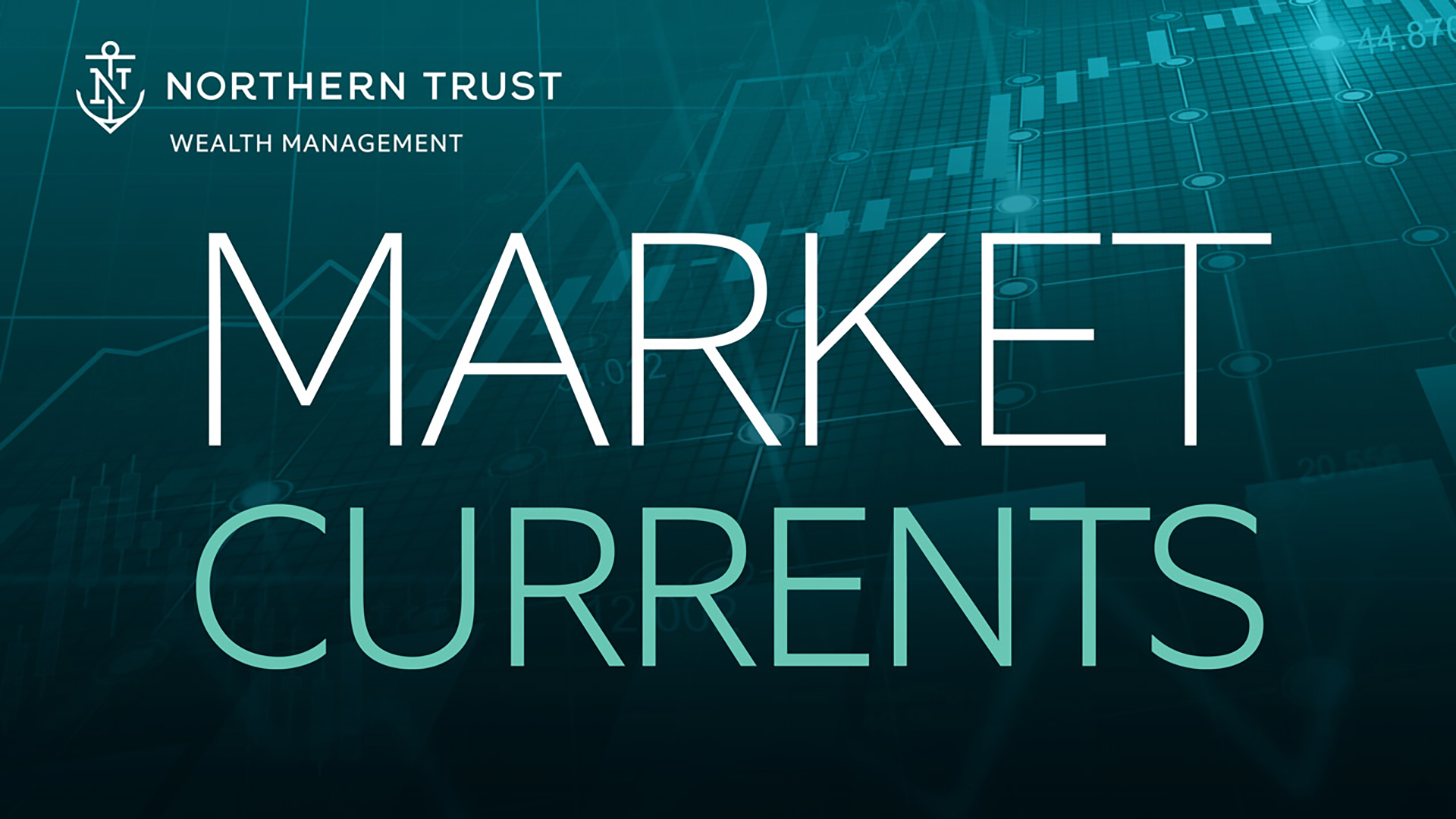| | | | | | | Presented By THE NORTHERN TRUST INSTITUTE | | | | Axios Markets | | By Matt Phillips and Emily Peck · Jul 13, 2022 | | Morning. Matt here. Fresh inflation data is due at 8:30am, a big deal for markets that have been shellacked by the Fed's rate-hiking campaign this year. (Not to mention, the White House.) 🚨If the CPI number comes in hot — consensus is for 8.8% — and more hikes are expected, look out. Today's newsletter, edited by Kate Marino, is 1,074 words, 4 minutes. | | | | | | 1 big thing: The sexiest investment of 2022 |  | | | Illustration: Natalie Peeples/Axios | | | | With markets looking ugly, some think stashing cash in short-term Treasuries — known as T-bills — might be an investor's best bet, for now, Matt writes. Driving the news: Markets — both stocks and bonds — just finished an egregiously bad first half of 2022, as the Fed's rate-hiking campaign crushed these twin cornerstones of most retirement portfolios. - The S&P 500 had its worst start since 1970, falling 21%.
- Bonds were bad too. The Barclays U.S. Aggregate Index — a broad measure of the U.S. bond markets — lost 11%, even after factoring in interest payments.
The intrigue: In theory, having a balanced portfolio shields you from truly miserable years in either stocks or bonds. That's because when stocks do poorly, bonds typically do well, and vice versa. This year, not so much. (Unless you happen to have an unusually large allocation to commodities and energy.) - The first half was a disaster for the 60-40 portfolio — 60% stocks, 40% bonds — that plain vanilla mix of investments most money managers running client funds tend to opt for.
- According to Goldman Sachs, such a portfolio lost 17% in the first six months of 2022 — the worst showing since 1932.
The big question: Is the worst over? Is now the time to buy back in? Nobody knows. Especially not me, so none of this is investment advice. (As an aside, if I did know I'd be drinking Champagne from a crystal chalice in the shape of a boot while bobbing on a catamaran off Grand Cayman.) - One-time bond market macher Bill Gross thinks now's not the time to buy. He doesn't like stocks (he almost never does.) And he thinks the Fed's not done hiking rates, so can't recommend buying bonds.
- His answer? "Be patient," he wrote in a recent blog post. Buy 12-month Treasury bills — short-term U.S. government debt that essentially acts as cash in financial markets — which are now yielding roughly 2.9%, he says. Then wait.
- If you socked your money into T-bills you would have been more or less flat, losing only 0.9% this year, according to the Bloomberg U.S. Treasury bill index that includes bills that mature in nine to 12 months. (See the chart below.)
What to watch: Gross says to hang on to those T-bills until there are signs that the economy is conclusively slowing. Signs that inflation is peaking. Signs that the Fed might stop lifting rates. - All of those could be hints that the bear market might be nearly finished pummeling your portfolio, and a market renaissance could be in the offing.
|     | | | | | | Bonus chart: Losing the least |  Note: Treasury bills data refers to the Barclays 9-12 month Treasury bill index, U.S. bond market refers to the Barclays U.S. Aggregate index. Data: FactSet; Chart: Axios Visuals The T-bill-and-chill™ investment strategy would have served anyone well this year, largely preserving capital while stock and bond markets were clobbered by the Fed's rate-hiking campaign. |     | | | | | | 2. Catch up quick | | 🇨🇳 China hits record trade surplus after lockdowns. (AP) 🛬 Delta falls short of Wall Street's earnings bogey, stock falls. (CNBC) ✂ IMF cuts U.S. growth forecast, again. (Yahoo) |     | | | | | | A message from THE NORTHERN TRUST INSTITUTE | | Prices, policy and portfolios — your questions answered | | |  | | | | Protect your portfolio against inflation with answers to common investor questions. The impact: Better understand the impact of inflation and how to fortify your portfolio and wealth plan in the face of uncertainty. Get the answers you need. | | | | | | 3. Stalled out |  Data: World Economic Forum; Chart: Erin Davis/Axios Visuals Women around the world haven't recovered from the economic blow of the pandemic, finds the World Economic Forum's global gender gap index released yesterday, Emily writes. - It will now take 132 years for women to reach gender parity worldwide — a slight improvement from 2021. But before the pandemic, the number was 100 years, according to the report's projections.
The big picture: Around the world, women left the workforce in 2020 to care for children and other relatives at home. Many haven't returned, and in some countries, schools are still not back to normal schedules, Saadia Zahidi, a managing director at WEF who co-authored the report, tells Axios. - "The pattern that got set during the pandemic has stuck," says Zahidi.
State of play: The halt in progress comes at a time of upheaval for the global economy, with higher inflation, recession talk, and a big reshuffling of the way some markets and businesses operate. - "If we want to be able to grow our way out of this current set of crises, that's only going to come from investment, human ingenuity, human creativity — and all of that requires a diversity of talent," says Zahidi.
The U.S. ranked 27th on the list, up three places from last year — but just one place up from where it stood in 2015. - These scores were compiled before the Supreme Court's ruling in Dobbs, eliminating the right to abortion in the country — which many predict will diminish women's economic standing.
Go deeper. |     | | |  | | | | If you like this newsletter, your friends may, too! Refer your friends and get free Axios swag when they sign up. | | | | | | | | 4. The cobalt problem |  Data: Rystad Energy; Chart: Baidi Wang/Axios The transition to net zero is a road paved with supply challenges — and the cobalt problem is one example of that. The big picture: Cobalt is used for electric vehicles, as well as consumer products like battery backups and cellphones. The Democratic Republic of Congo supplies 70% of the world's cobalt — yet mining operations there are deeply intertwined with child labor, Axios' Alan Neuhauser writes. Why it matters: The insatiable demand for these products — plus the lack of a ready replacement for cobalt — has entirely outstripped efforts to do something about the human rights concerns. The major driver behind the production: EVs and demand from China. - "More than 80% of the cobalt mined in the DRC is exported to China, which is the world's largest producer and consumer of refined cobalt used in EV batteries," says FTI Consulting managing director Bertrand Troiano.
What to watch: Government policies aimed at reducing cobalt dependence, combined with efforts to phase out the material and ramp up recycling, may finally slow cobalt demand — by about 2030. - But, for now: Cobalt mining in the DRC is consolidating around four conglomerates, which are pushing out the small miners that have developed the worst child labor records.
For more from Alan, sign up for Axios Pro: Climate Deals. |     | | | | | | 5. 💬 Quoted: "Musk apparently believes..." | | "Musk apparently believes that he — unlike every other party subject to Delaware contract law — is free to change his mind, trash the company, disrupt its operations, destroy stockholder value, and walk away." — Twitter's complaint, filed Tuesday, aimed at blocking Elon Musk's attempt to back out of his $44 billion acquisition of the company. What to know: The case will be heard in Delaware Chancery Court, a venue that specializes in corporate disputes and which previously has heard cases in which acquirers seek to renege on signed agreements. Read more. |     | | | | | | A message from THE NORTHERN TRUST INSTITUTE | | Market Currents podcast: listen now | | |  | | | | Market Currents, a new podcast from the Northern Trust Institute, explores today's most hotly debated investment topics. What's in it for you: Listen as Wealth Management CIO Kate Nixon and guests use evidence to answer big market questions and provide the insight you need. Learn more. | | |  | | Why stop here? Let's go Pro. | | | | | | Axios thanks our partners for supporting our newsletters. If you're interested in advertising, learn more here.
Sponsorship has no influence on editorial content. Axios, 3100 Clarendon Blvd, Arlington VA 22201 | | | You received this email because you signed up for newsletters from Axios.
Change your preferences or unsubscribe here. | | | Was this email forwarded to you?
Sign up now to get Axios in your inbox. | | | | Follow Axios on social media:    | | | | | |











No comments:
Post a Comment